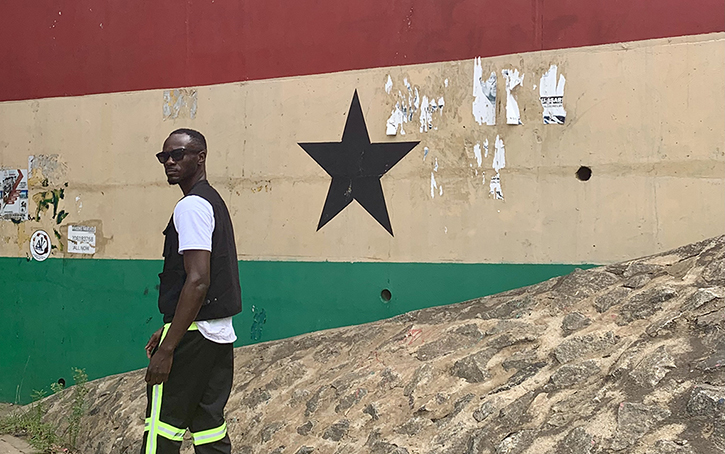Shandorf Yirenkyi Jr. is a 30-year-old registered nurse and content creator from Silver Spring, MD. A first generation Ghanaian-American, Shandorf first caught the travel bug at the age of 18-year-old when his father gifted him with a high school graduation trip to Europe.
“I brought my sister Liticia with me for the journey,” he told Travel Noire. “I had never even been on an airplane before. We visited our relatives in Germany, the Netherlands, and Belgium. After that I knew I had to see the rest of the world. That trip led me on a quest to over 30 countries since then, with no plans on stopping anytime soon.”
Although Shandorf had traveled to many amazing destinations, there was one special place he still desperately wanted to visit.
“All of my life my parents would promise to take me to Ghana, yet it never happened. I grew up in a household living the Ghanaian lifestyle here in America. I was familiar with the music, the food, and even understood Twi, the main Ghanaian language, but I had not been there.”
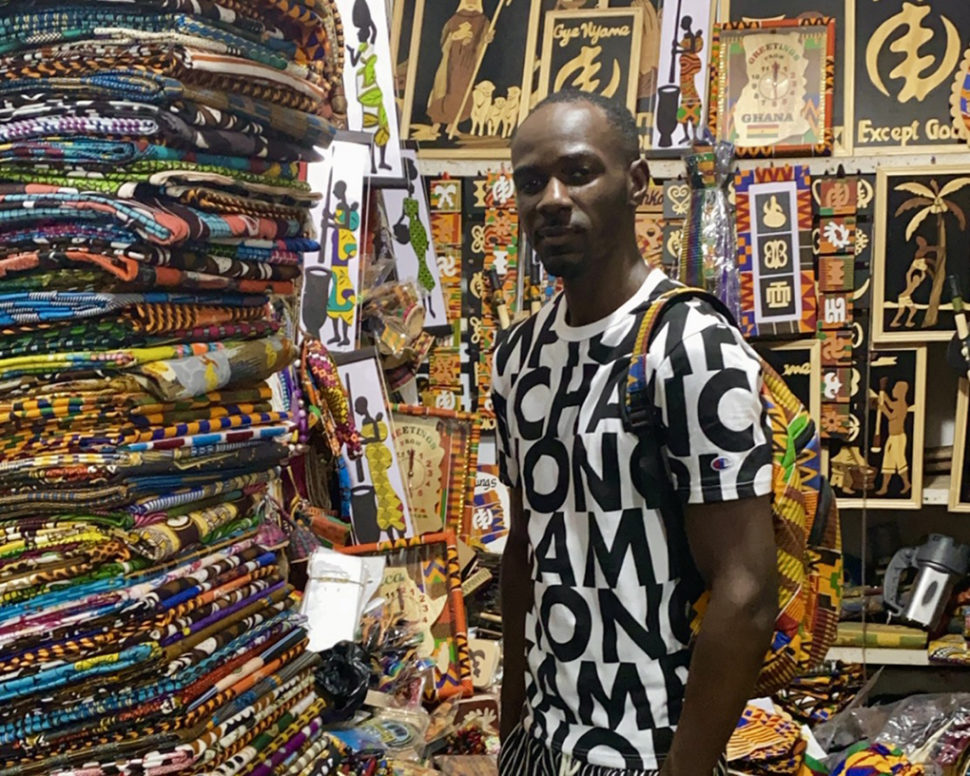
Despite being raised amongst many facets of Ghanaian culture, Shandorf still felt a disconnect due to never having physically been to Ghana. He eventually let go of these thoughts, but they all came flooding back to him in 2018 when his sister invited him to go to Ghana with her. His answer, of course, was an emphatic “yes!”
“Landing in Ghana was the last missing puzzle piece in my life. So many parts of my life started to make more sense throughout that trip. When I was visiting my extended family it was almost like meeting doppelgängers of my American-based family. All that I had been hearing about was validated and made more sense. The fresh food, fresh air, even the clothing that had me looking my freshest. Ghana was now confirmed to be a real place and not just some fantasy land that my parents had promised to take me to all these years.”
In Ghana, Shandorf was welcomed by smiling faces and hospitality. The hustle and bustle of the Accra streets made him appreciative for all he had in life while also inspiring him to want more. As he desired to know about the treasures Ghana held, he found the locals were just as curious to know what America was like.
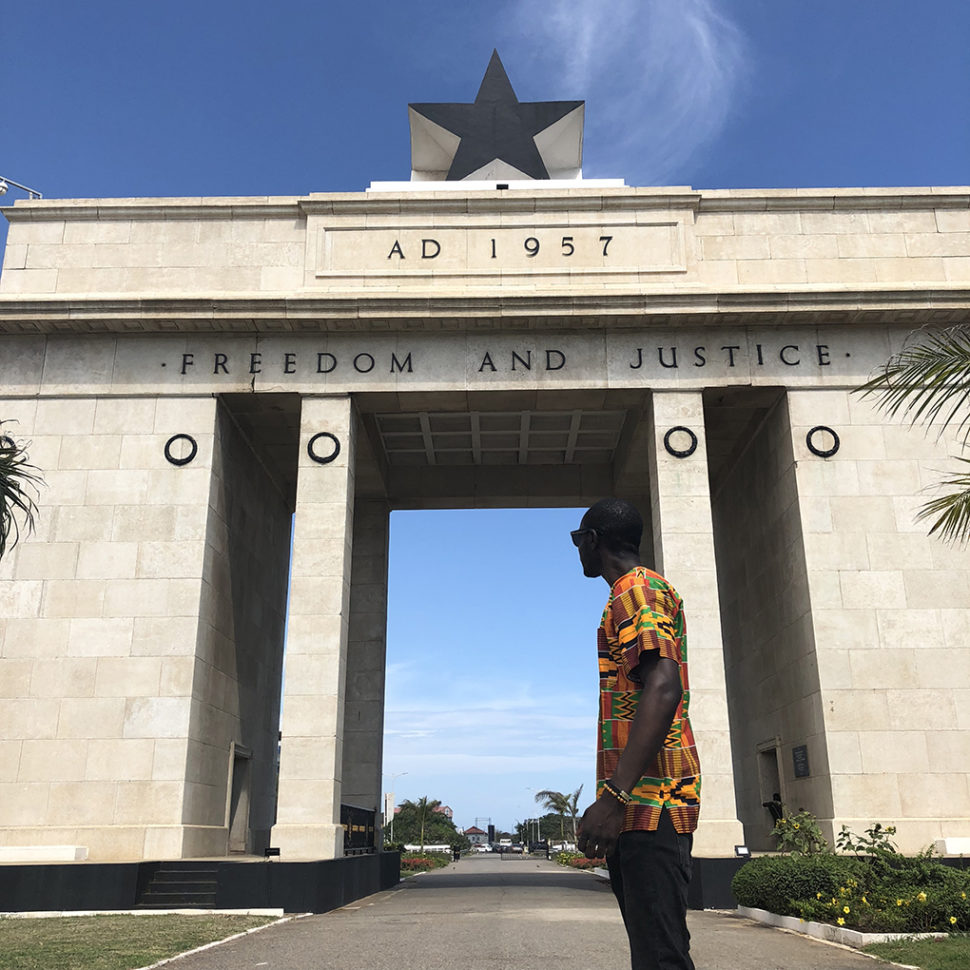
His days in Ghana started with him waking up to the sounds of roosters early in the morning. He enjoyed eating fresh bofrot and koko (a traditional African breakfast snack and fermented porridge), then roaming the busy city of Accra. Some of his favorite memories include shopping at Makola market and visiting Independence Square.
The Art Counsel Centre was another memorable spot, where he was able to purchase paintings and souvenirs for his loved ones before obtaining a history lesson about Kwame Nkrumah right across the street at his memorial site. Visiting local chop bars, like Bush Canteen, was a must for Shandorf. There he enjoyed delicious meals like fufu and peanut butter with goat meat.
“There is so much to do in Ghana,” he said. “You can take an hour drive from Accra to Aburi to learn about the agriculture of the Botanical Gardens. Afterwards, head back down to Labadi Beach and watch the sunset while enjoying some palm wine in a calabash. Finally, go enjoy Afrobeats vibes and drinks at Bloombar or Lona Rooftop, then club-hop until 7 AM only to do it all over again the next day.”
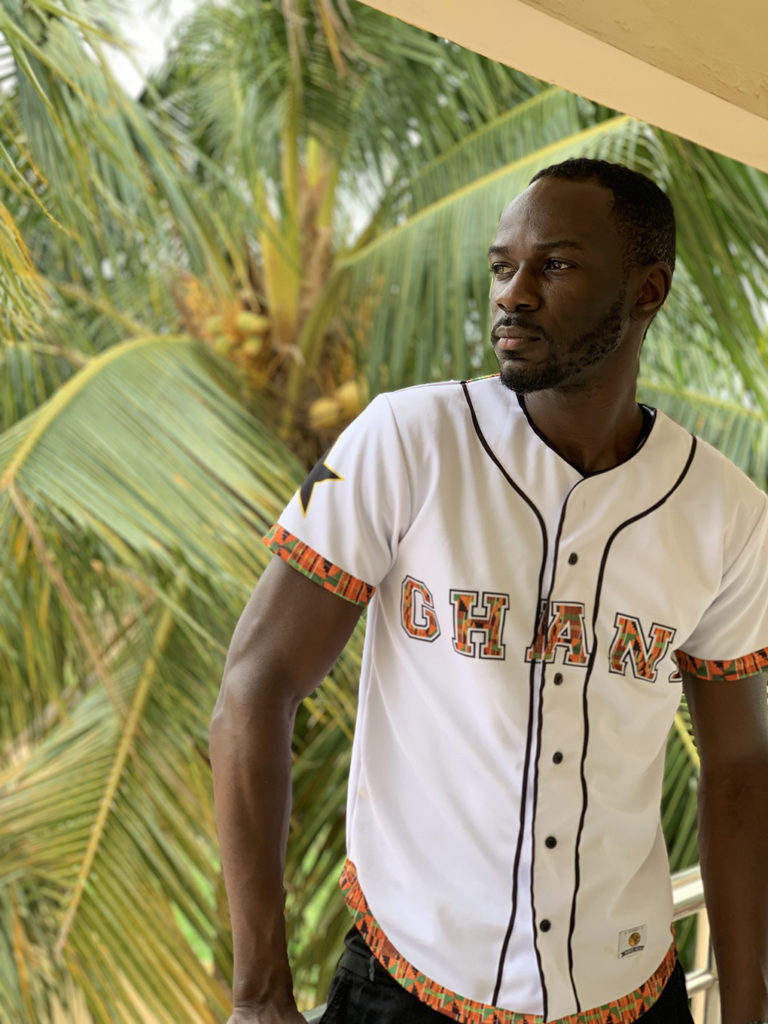
After his initial visit to Ghana, Shandorf was hooked. He returned to Ghana six months later for his sister Liticia’s wedding in the summer of 2019, and again in another six months. His second and third visits took place in the Year of the Return, which commemorated the 400-year anniversary of Africans being taken to America.
“The Year of Return was the golden year to be in the Gold Coast. It was the right place at the right time to rediscover what makes Ghana and Africa so great. What I appreciated most about that trip was seeing so many people I personally knew from the States. I ran into people I knew from the gym, from church, and old friends from school. I even randomly spotted one of my coworkers in the club. It brought me so much joy to see people I knew from home enjoying Ghana for the first time just as I did when I first went there.”
Shandorf believes that all Black Americans should visit Africa because it is a place where we can truly feel a sense of belonging. It is our responsibility to educate ourselves about the continent beyond what we may learn from TV or classrooms, and exploring Ghana allows one the honor and privilege of learning so much about African history. Visiting places like the Cape Coast castle, Shandorf felt he was able to come back home to reclaim African culture willingly for himself, connecting his own puzzles, and getting to know himself a little better than he did in America.
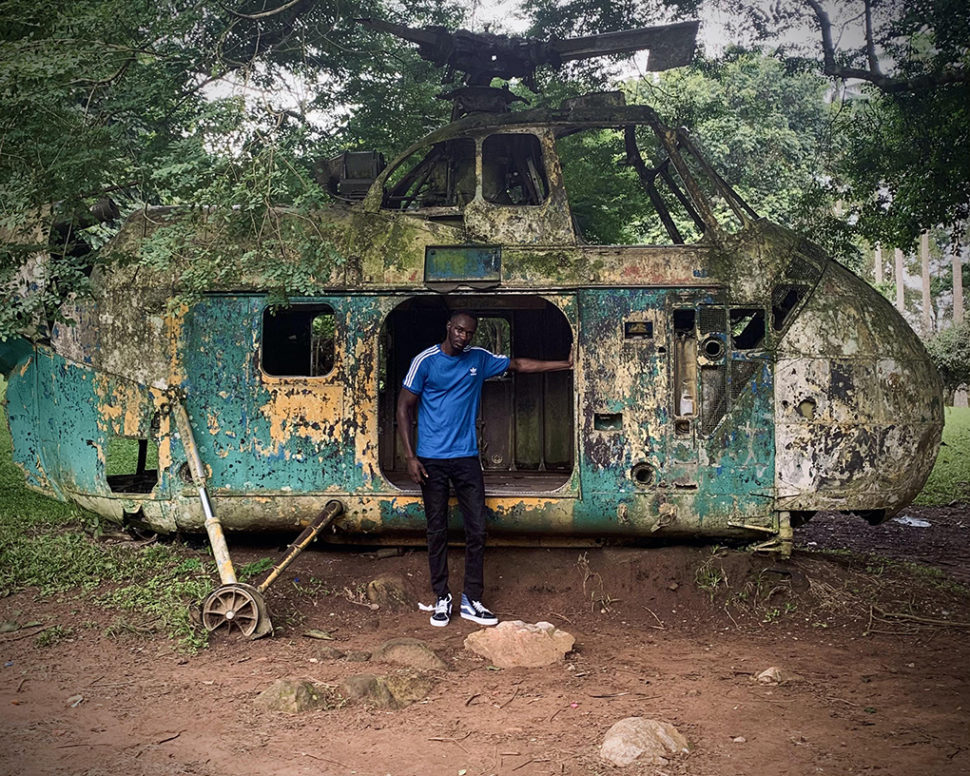
“Touring the slave dungeons was a chilling experience that I often think about still. Did you know that the term ‘master bedroom originally referred to the bedroom of the slave master? Their living quarters were the best, most well-lit and comfortable rooms in the castle, while yards away thousands of Black Africans were crammed into pitch black dungeons unsure if they’d see tomorrow. There is a door there called the ‘Door of No Return,’ which is a portal through which Africans were taken to be planted throughout the world by force.”
Shandorf feels he would still have an unbiased love for Ghana even if he did not come from Ghanaian lineage. He plans on returning for many more trips to explore more outside of Accra, including Kumasi and his family’s town, Worawora.
“Ghana must be where God lives because everyone feels at peace there. It’s my favorite country in the Motherland because it is literally my mother’s land and my father’s land, as well. A common phrase I would hear when someone is about to eat their own food in your presence is ‘you’re invited.’ This shows how welcoming Ghanaians are and shows the true essence of Ghana— bringing people together and bridging the gap. I am so glad to see Ghana being glamorized for the gem it has always been and hope the rest of the world has the opportunity to experience the beauty of it.”
Related: The Black Expat: ‘Of All The Countries I’ve Lived, I Felt Most Uncomfortable In The US’‘Returning To Africa, You Realize The Resilience Of Our Ancestors’
